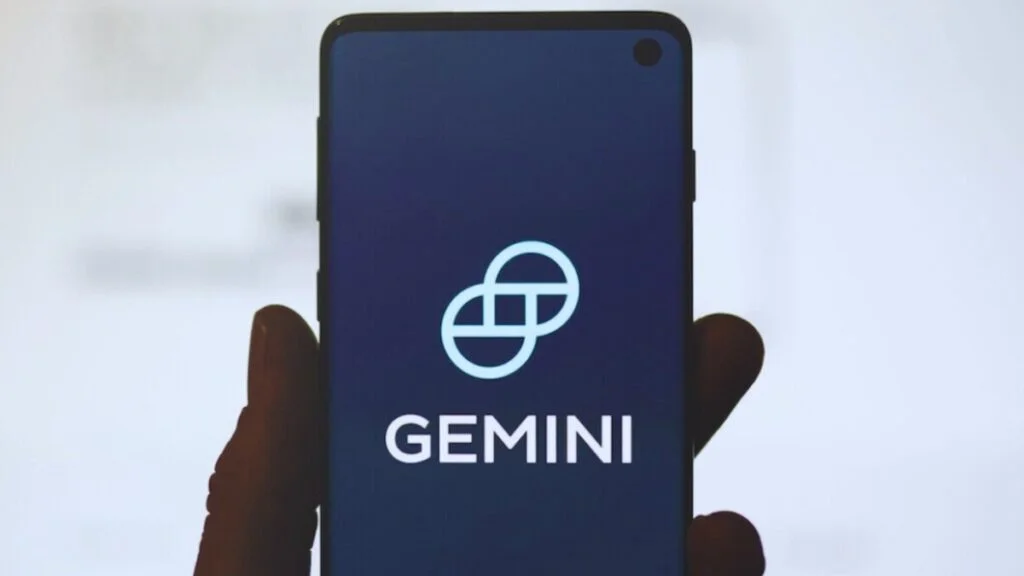Genesis and Digital Currency Group (DCG)’s bankruptcy proposal was rejected by Gemini, a cryptocurrency exchange run by the Winklevoss twins.

According to Gemini’s attorneys, the bankruptcy plan doesn’t provide enough information and guarantees for some of the biggest debtors. According to Gemini’s filing, the debtors showed a general understanding between the Committee, DCG, and them.
However, it is still subject to official documentation because it lacks the necessary specifics. In the bankruptcy court for the Southern District of New York, Genesis requested Chapter 11 bankruptcy protection.
Genesis had accrued $5.1 billion in liabilities before suspending withdrawals due to its exposure to the FTX collapse, according to the company’s interim CEO, Derar Islim.
Genesis Global Holdco, the parent business, Genesis Asia Pacific, another loan division, and Genesis Global Capital LLC, declared bankruptcy.
According to analysts, the platform has been in danger of failing since July, especially following the Three Arrows Capital (3AC) fiasco, which left Genesis with $2.3 billion in debt and bankrupt.
Genesis needed $1 billion in July to stay afloat, underscoring the difficulties brought on by the 3AC issues. The Genesis bankruptcy case may greatly impact how digital assets are managed and recovered in the cryptocurrency sector.
The top 50 debtors of the corporation, which include well-known companies like Mirana, MoonAlpha Finance, VanEck’s New Finance Income Fund, Gemini, and Cumberland, are each owed almost $3.5 billion.
Due to these developments, speculation has been aroused that Genesis may attempt to save itself by suggesting that certain significant creditors convert their loans into stock.
